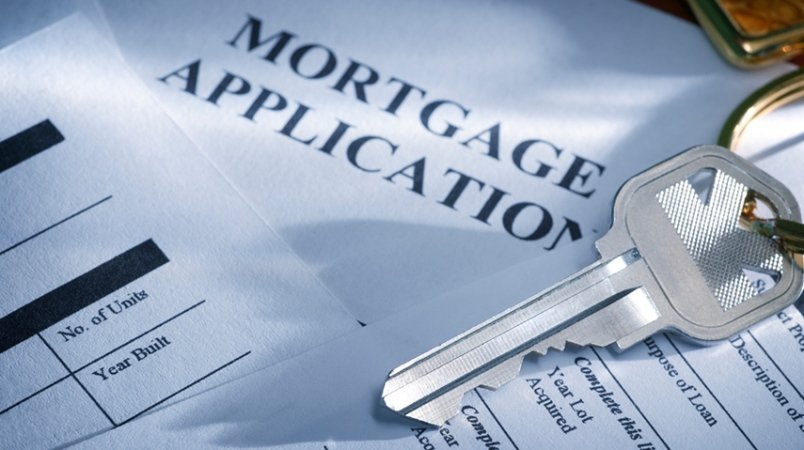In today’s highly competitive market and increasing home prices, buyers are desperate to get in on the housing action. Some of them will go to any lengths to secure a mortgage, even if they have to lie and cheat their way into the market.

A study by CoreLogic shows that mortgage fraud is at an all-time high, jumping 12 per cent over the past 12 months
Mortgage Frauds on the Rise
A study by CoreLogic shows that mortgage fraud is at an all-time high, jumping 12 per cent over the past 12 months. The company measured fraud through six basic indicators: income, real estate debt, identity, occupation, transaction and property.
Looking at these factors, the researchers found that almost 1 in 100 loan applications has some degree of non-transparency which categorizes it as mortgage fraud.
CoreLogic’ fraud solution strategist, Bridget Berg, says that fraudulent practices are inevitable in today’s competitive real estate market when demand is getting stronger and prices are soaring through the roof. Such conditions encourage bona fide borrowers to cheat the system in order to qualify for a mortgage.
Fraudulent applicants use various forms of misrepresentations to deceive the mortgage lenders. While some don’t fully disclose their real estate liabilities, others lie about their income, or get the money for down payment from questionable sources. Applicants with poor credit score also use the help of credit repair services to boost their credit score though information falsification.
The study found that home loan applicants were more likely to commit mortgage fraud than those applying for refinancing.
This explains the overall increase in fraud risk since refinance activity has decreased over the past year due to soaring interest rates. With fewer refinance options, the percentage of first-time mortgage applicants has dominated this year’s real estate loans applications.
Cheating the System
Income falsification accounted for the biggest increase in fraud risk this year, jumping 22 per cent over the past 12 months. Getting qualified for a mortgage loan has become relatively difficult over the past decade even since banks reinforced their lending criteria in the aftermath of the housing crash of 2008.
But thanks of the age of technology and information, applicants have found loopholes in the lending system. There are plenty of online services that help people cheat on their mortgage applications by juicing up their incomes.

Most of the mortgages today are owned and securitized by Fannie Mae and Freddie Mac, the two biggest mortgage lenders in the U.S., tightly controlled by the government
These services can create fake pay slips for you and even take phone calls from your lender to confirm the information your loan application. Of course, this service comes at a price, but the fee is small and can be offset by the attractive interest rate you will get on your mortgage by reporting false income.
Most of these websites claim to boost your credit score and credit lines and can easily bypass regulations through disclaimers and vague service descriptions. It can also be difficult to hold these businesses accountable since most of them operate outside the United States.
Consequences for the Lender
The increase in mortgage fraud can become problematic for banks and the economy as a whole. Most of the mortgages today are owned and securitized by Fannie Mae and Freddie Mac, the two biggest mortgage lenders in the U.S., under the tight control of the government.
Sources in Fannie Mae say that law enforcement is cracking down on mortgage frauds with the help of tips from consumers and the mortgage firm’s lending partners.

Nima Ghamsari, chief executive of mortgage-related software company, Blend, says that the increase in fraud has a lot to do with irresponsible use of technology.
Occupancy is another fraud indicator that has been used on mortgage applications. This is mainly because of an increasing trend in house flipping and rental investment. Most people will lie on their application and say that they’ll use the property as their own residence, but in reality, they use it for renting purposes.
Small lenders like Apex say that mortgage frauds can have serious consequences for their business because they have to take responsibility for every loan application they approve. If the borrower defaults on the loan due to misrepresentation of income or credit score, the lending company bares the losses.










